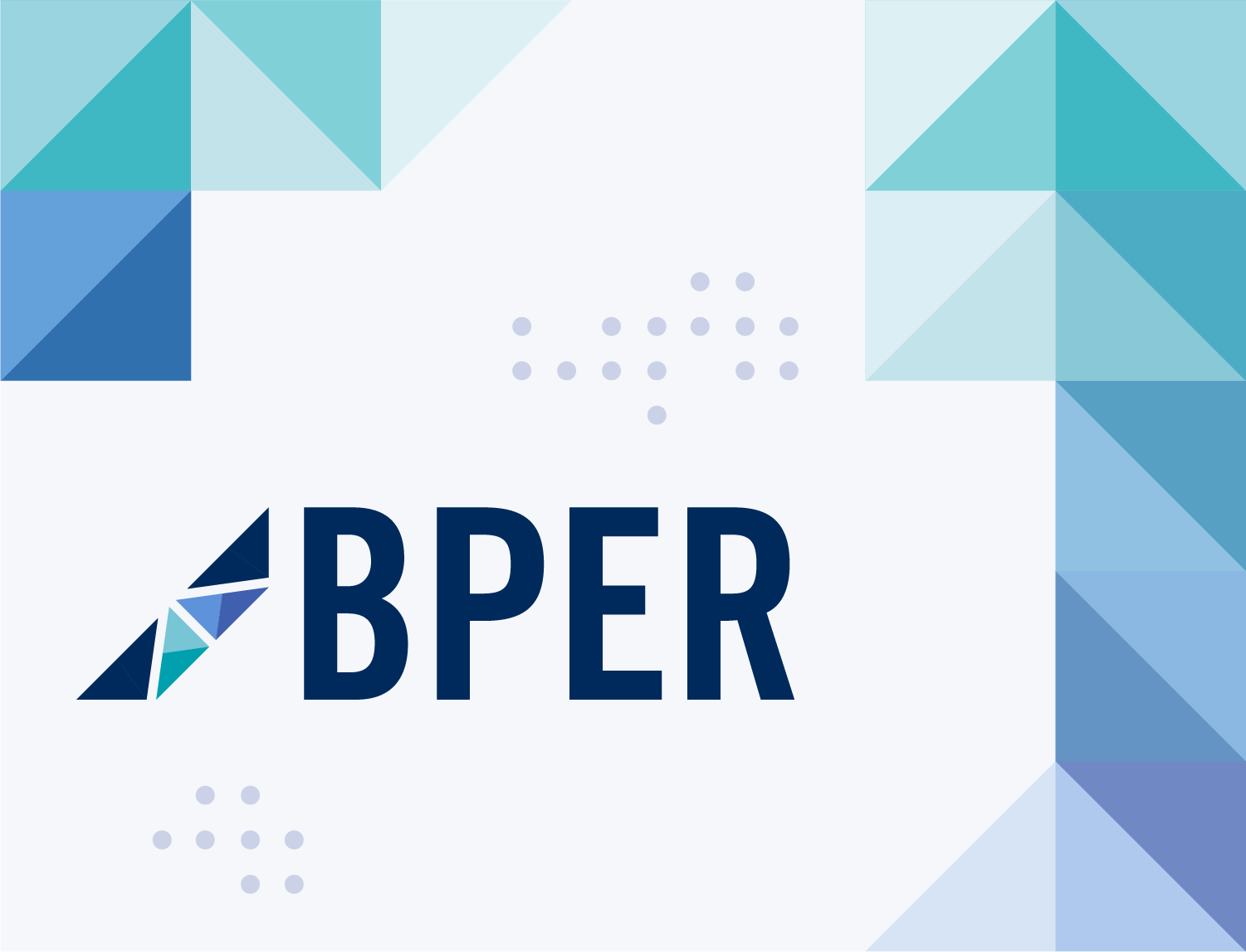Responding to Diversity: An Introduction to Universal Design for Learning
Are you interested in reducing barriers to learning and responding to the increasing variability amongst students in today’s classroom? This workshop will explore the Universal Design for Learning (UDL) model—a set of principles for curriculum development, engagement and assessment that can help you create an more inclusive learning environment that responds to diverse student needs and learning preferences.
Want us to offer this event again?
Register your interest now
Description
Are you trying to identify practical strategies to offer more inclusive, accessible, and flexible learning opportunities to your students? Entering today’s classroom, clinical settings, or work environments, students bring a range of diversity in lived experience, learning preferences, language abilities, and more. Universal Design of Learning (UDL) responds to this diversity by reducing barriers to learning, by promoting teaching strategies that help faculty and mentors meet the needs of all learners, and by creating challenging and engaged learning opportunities. In a nutshell, utilizing UDL principles can help you reach all students, including those experiencing barriers and challenges. It gives all students equal opportunity to succeed and thrive.
In this workshop, you will learn the fundamentals of UDL for Higher Education and explore a set of effective practices that you can adapt to your instructional approach. Workshop participants will enjoy an interactive, facilitated discussion of UDL principles and checkpoints, as well as opportunities for the implementation of specific UDL practices in their teaching and other work, in order to design more supportive, inclusive, and accessible learning environments for all. Join us to explore and deepen your knowledge of UDL and develop a strong understanding of how it can be applied across various learning environments and modalities (in-person and online). Collectively, we will generate ideas and strategies for increasing engagement and incorporating flexibility by focusing on the learning environment, developing essential self-regulation and executive function skills, and integrating rigour, choice, and relevance into learning.
Relevant Resources
Click here to see resources related to: Accessibility and Curriculum Development.
Event Details
Recommended Events
-
 2MarThis workshop engages participants in reflective activities and discussions about desirable and undesirable professional behaviours and the bi-directional relationships that exist between these behaviours, healthcare professional wellness, and the creation of psychologically and culturally safe environments.
2MarThis workshop engages participants in reflective activities and discussions about desirable and undesirable professional behaviours and the bi-directional relationships that exist between these behaviours, healthcare professional wellness, and the creation of psychologically and culturally safe environments. -
 9MarTeaching for Transformation is a three day immersion in the education paradigms and practices needed for today's health care work.
9MarTeaching for Transformation is a three day immersion in the education paradigms and practices needed for today's health care work. -
 10MarLeadership in medicine is often framed in terms of skills and competencies. Yet many of the challenges clinicians face require something deeper: character. This session introduces character-based leadership as a complementary and necessary lens for understanding leadership in health professions education and clinical practice.
10MarLeadership in medicine is often framed in terms of skills and competencies. Yet many of the challenges clinicians face require something deeper: character. This session introduces character-based leadership as a complementary and necessary lens for understanding leadership in health professions education and clinical practice.

